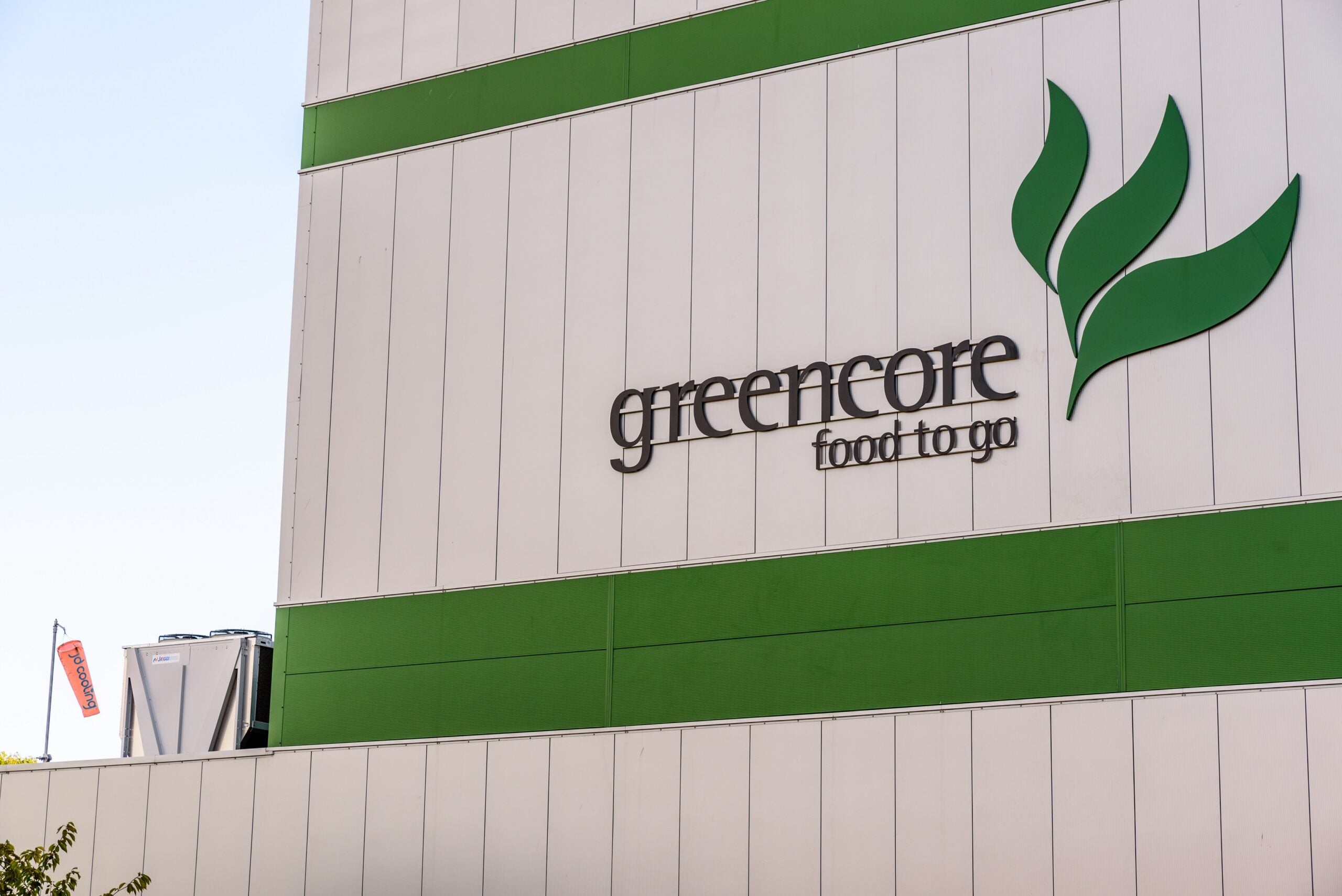
Greencore has pointed to UK rail strikes weighing on food-to-go volumes in the first quarter as the private-label supplier downgraded its outlook.
Inflation was a two-edged sword for the Dublin-based business, which serves major supermarkets, convenience stores and the foodservice channel with items ranging from sandwiches, salads and sushi to ready meals and sauces.
While revenues rose across the London-listed group in the three months to 30 December, “driven by inflationary effects” – a signal of pricing – Greencore noted a lag in recovering elevated input costs.
“Given the lower-than-expected volumes due to the disruptive impact of continued industrial action on demand and operations and the expected lag on inflation recovery, the group now expects to generate an FY-23 outturn at the lower end of current market expectations,” Greencore said in a trading update today (26 January).
Dalton Philips, who joined the business as CEO last September, explained: “It’s a difficult, volatile market, and the business has got off to a slower start to the year than envisaged. Given this, we are doubling down on our initiatives on inflation recovery, and in parallel, driving harder and faster to get our cost base to the right level.”
For the rest of the year, Philips was more optimistic: “Strategically, we are well positioned for the future growth given our customer base, the categories in which we operate, our operational capabilities and critically the people behind all of this. However, the immediate focus is to tackle the shorter-term self-help actions which set the foundations for margin recovery.”
Shore Capital downgrade
Clive Black, a director at UK-based investment group and Greencore broker Shore Capital, said the firm has cut its full-year profit before tax (PBT) forecast by 6.5% given the “low-end of consensus” outlook.
That translates to PBT of GBP50m (US$61.9m), compared to a previous prediction of GBP53.5m for the 2023 financial year.
Commenting in a research note on “soft market conditions” in the food-to-go segment of Greencore’s business, Black wrote: “With its market-leading presence in the UK sandwich, sushi and the wider food-to-go market, Greencore continues to be vulnerable to prevalent economic and wider externalities. So, in the pre-Christmas 2022 period, the negative impact upon mobility due to industrial action on the railways took an edge off volumes.”
While Shore Capital anticipates a “stronger” second half through fiscal 2023, the group has also lowered its full-year EBIT forecast for Greencore on the back of the lighter food-to-go market and inflation cost recovery.
EBIT is envisaged at GBP70m, down from a prior estimate of GBP73.5m.
Greencore added in its commentary today: “While some raw materials and packaging inflation is easing, labour cost and energy inflation remains relatively high. The group continues to focus on recovery of inflation from customers, and while we expect to recover the significant majority of inflation, we now anticipate a lag in that recovery.”
Greencore’s group revenue increased 19% in the quarter to GBP463m from a year earlier and was up 18.9% on a pro-forma basis. “Overall manufactured volumes [were] modestly behind year-on-year,” the company noted.
In food-to-go, revenue rose 14.5% in both reported and pro-forma terms to GBP291.1m.
“The impact of Omicron on comparative figures in the prior year was offset by the disruption impact of railway strikes in the period,” Greencore said. “Food-to-go volumes were slightly behind Q1 22, with increased sandwich volumes being offset by lower demand in sushi and salads. Revenue from distribution of third‐party products was also impacted by lower volumes, which were approximately 10% behind last year.”
Reported revenue from Greencore’s convenience offering climbed 27.6% to GBP171.9m, partly driven by new business wins in ready meals and “strong” growth in ambient sauces.
With profit conversion “behind management expectations” in the quarter, the company plans to “accelerate” its Better Greencore strategy. The first phase is focused on “annual recurring benefits” of around GBP30m, starting in fiscal 2024, followed by boosting contract margins.
“The board is cognisant of the short-term potential impact of the volatile recessionary environment and the cost‐of‐living factors on consumer spending throughout the remainder of the year,” Greencore said.
